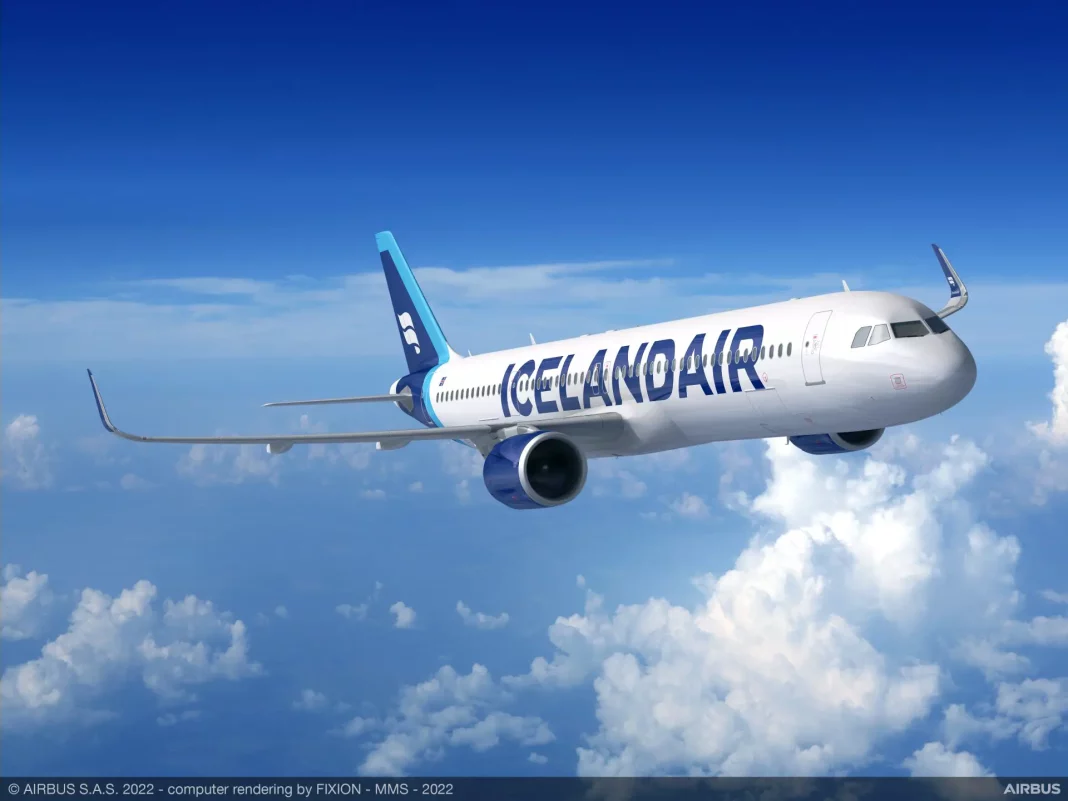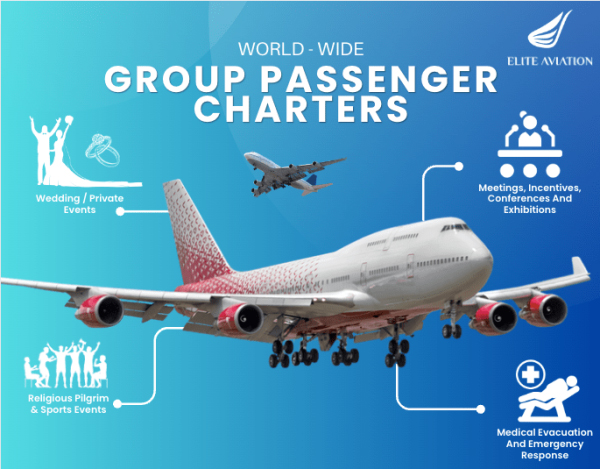By John Flett
Icelandair to Introduce Airbus A321XLR and A321LR into Fleet
Icelandair has confirmed that Airbus A321XLR and A321LRs will replace its fleet of Boeing 757 aircraft and that the airline will begin to operate a mixed Boeing/Airbus fleet from 2025. Bogi Nils Bogason, President and Chief Executive Officer of Icelandair said: “The Boeing 757 has been the cornerstone of Icelandair’s operations since 1990. Its unique capabilities have underpinned the successful development of our extensive route network and competitive transatlantic hub by leveraging Iceland’s unique geographical location to connect North America and Europe via Iceland.”
“We are happy to announce that we have now reached a conclusion regarding Icelandair’s future fleet. We have decided that the capable and fuel-efficient Airbus aircraft, A321XLR and A321LR, will become the successors of the Boeing 757s we are gradually retiring,” Bogason stated. Thursday’s announcement of the signing of a Memorandum of Understanding (MOU) between the airline and Airbus indicated an initial order of 13 A321XLRs with purchase rights for a further 12. Though the first of the aircraft deliveries are slated for 2029 the airline noted that they are ‘currently in an advanced stage of negotiations in relation to four leased Airbus A321LR’ joining the fleet in two years’ time.
The airline had noted in January that an announcement on its future fleet strategy would be forthcoming. This week’s confirmation of the Airbus A321XLR and leased Airbus A321LRs entering the fleet alongside its current Boeing 757, 767, 737 MAX 8 and 737 MAX 9s will mean the airline will have a mixed fleet from 2025.
The A321LR’s Increased Range Will Open Up New Opportunities
With a range of up to 4,000 nautical miles (7,400 km) the leased A321LRs arriving in 2025 will service Icelandair’s current route network. Though with a range of up to 4,700 nautical miles (8,700 km), the A321LR will give the airline further strategic advantages. As Bogason acknowledged: “The excellent Airbus aircraft will not only allow us to further develop our proven business model around transatlantic flights but also open opportunities for future growth by entering new and exciting markets.”
According to the airline, the addition of the Airbus aircraft to Icelandair’s fleet will ‘reduce operating costs, further support Icelandair’s sustainability targets and offer exceptional customer experience through the aircraft design and unique features.’ By comparison to the 757 (183 seats), 737 MAX 8 (160 seats) and 737 MAX 9 (178) aircraft in the airline’s fleet, the Airbus aircraft will have ‘around 190 seats’ in Icelandair’s configuration.
As recently as last month, Icelandair announced significant growth in customer demand by releasing its most extensive northern winter schedule for 2023-24 with seasonal flights becoming year-round services. At the time, Tomas Ingason Icelandair Chief Revenue Officer said: “I’m delighted that we have been able to increase Icelandair’s capacity by 20-25%, compared to winter 2022/2023. We are always looking for further opportunities to optimize our network and connectivity for customers, so we can make even more travel options available to our passengers.” The addition of the Airbus A321XLR and A321LRs into Icelandair’s fleet will certainly provide further options to the airline’s customers.
[ad_2]
Source link


